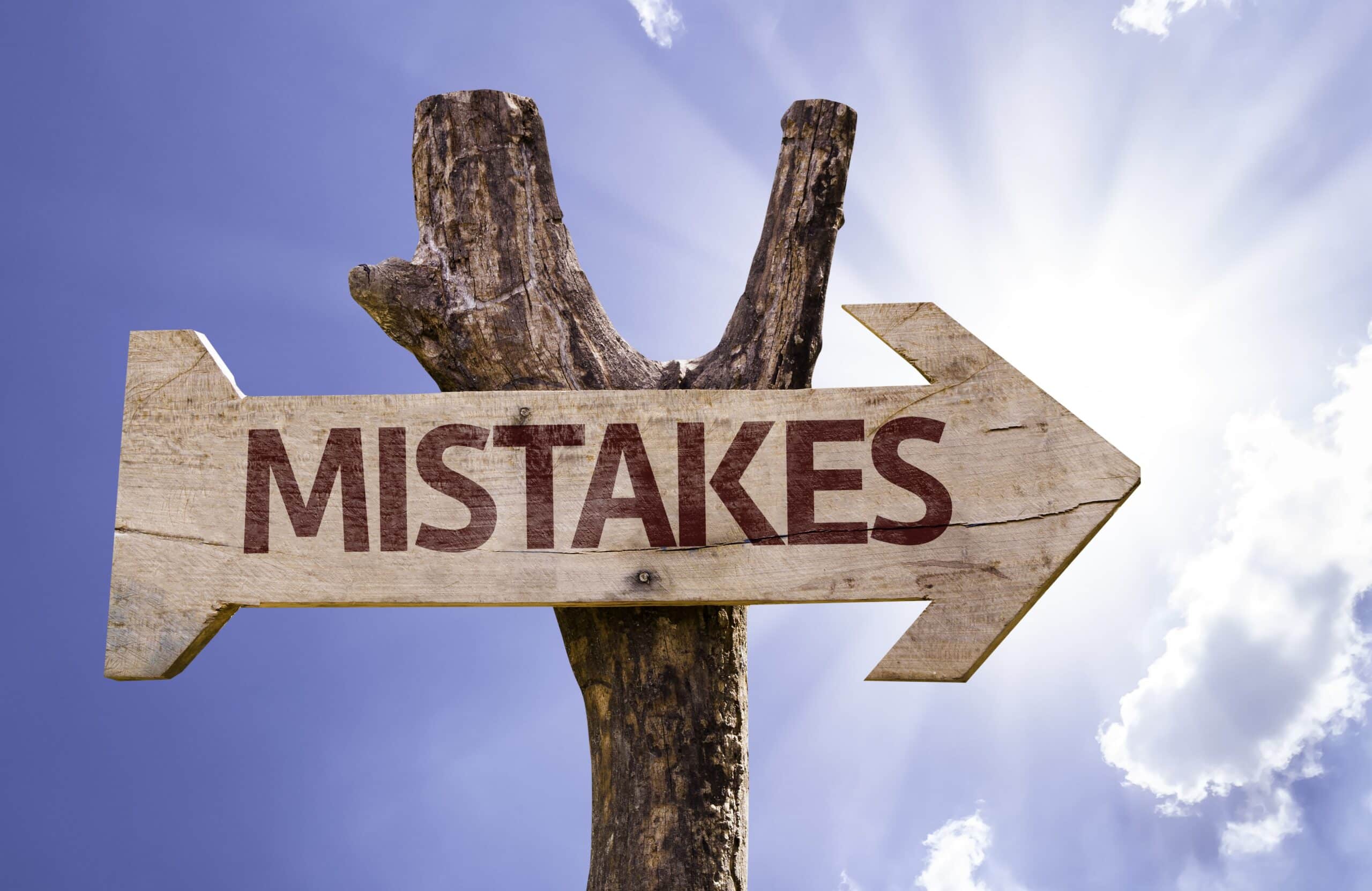Share This Article
The Court of Criminal Appeal has confirmed that the defence of ‘honest and reasonable mistake of fact’ is not available for offences of driving with an illicit substance in your system.
After being found guilty in the Local Court, Mina Narouz appealed his conviction to the District Court. Ultimately, District Court Judge Buscombe dismissed the appeal upon finding that driving with an illicit substance in your system is an ‘absolute liability’ offence, and the defence was not available.
Subsequent to his Honour’s decision, Judge Buscombe submitted two questions of law to the Court of Criminal Appeal for determination.
These related questions were whether the offence was one of absolute liability, and whether it is necessary for the prosecution to prove, beyond a reasonable doubt, that an accused did not drive under an honest and reasonable mistake of fact, being that they believed that there was not an illicit drug present in their oral fluid, before a finding of guilt can be made.
Ultimately, the Court of Criminal Appeal (Judge Chen with whom Chief Judge Bell and Chief Judge at Common Law Harrison agreed) agreed with District Court Judge Buscombe, in determining that the offence is one of absolute liability. This decision is R v Narouz [2024] NSWCCA 14.
What is an Absolute Liability Offence?
If you are being prosecuted for an ‘absolute liability offence’, the prosecution is only required to prove the related offending conduct and is not required to prove that you had a requisite intention (i.e., state of mind).
In criminal proceedings, the prosecution will be generally required to prove that you had a certain state of mind (referred to as ‘mens rea’ or the ‘fault element’). This can include that you intended to do the relevant conduct or cause a particular consequence, that you were reckless as to causing certain consequences, or had wilful blindness.
For example, the mens rea of common assault is that the accused intended to or was reckless as to causing another person to apprehend immediate and unlawful violence.
There are two types of offences which do not require the prosecution to prove that you had any relevant state of mind – ‘absolute liability offences’ and ‘strict liability offences’.
The main difference is that in strict liability offences, the defence of an ‘honest and reasonable mistake of fact’ is available, whereas this is not applicable to absolute liability offences.
The defence of honest and reasonable mistake of fact refers to where a person will be found not guilty on the basis that they held an honest and reasonable belief, although mistaken, in a state of facts which, if they existed, would have made the accused person’s act ‘innocent’.
The accused person is required to raise the defence in evidence, with the prosecution then required to prove that they did not honestly hold such a belief or that it was not on reasonable grounds.
Whether it was reasonable will be assessed objectively. This defence only applies to mistakes as to facts, and not as to the law.
For example, if you are charged with driving whilst suspended and you were entirely unaware that your licence was suspended, if you are able to demonstrate that you had an honest and reasonable belief that your licence was valid (i.e., including for reasons such as never receiving the suspension notice), you may be found not guilty.
What Happened in the Case?
The Court of Criminal Appeal found that the ‘language, context, and structure’ of the offence of driving with an illicit substance in your system (section 111 of the Road Transport Act 2013 (NSW)) indicate that it is an offence of absolute liability.
The factors referred to include the objects of the Road Transport Act, the nature of the sanction being purely monetary, and the fact that any ‘hardship’ cases can be dealt with by the sound exercise of prosecutorial or sentencing discretions (i.e., receiving a non-conviction at court).
Section 111 of the Road Transport Act 2013 (NSW) provides that it is an offence to have an illicit substance in your system (i.e., in your saliva, blood, or urine) and drive a motor vehicle, or occupy the driving seat of a motor vehicle and attempt to put the motor vehicle in motion.
It is also applicable where you occupy the seat in a motor vehicle next to a learner driver who is driving the vehicle. You do not need to be impaired by drugs, rather merely have them in your system.
The prescribed illicit drugs referred to in the Act are cannabis (delta-9-tetrahydrocannabinol), speed (methylamphetamine), ecstasy (3,4-methylenedioxymethylamphetamine) and cocaine.
A maximum penalty of a conviction and fine of $2,200 is applicable for a first offence. It also carries an automatic licence disqualification for 6 months, which may be lowered to a minimum of 3 months, if the court thinks that it is suitable to order a shorter period.
In the case of a first offence, police may use their discretion to issue a penalty infringement notice of $644 (as at February 2024) instead of charging you. Payment of this fine does not result in a criminal record; however, it will result in a 3-month licence suspension.
For a second or subsequent offence, a maximum penalty of a conviction and a $3,300 fine is applicable. It will also carry an automatic licence disqualification for 12 months, which may be lowered to a minimum of 6 months, if the court deems this is suitable.
It was previously thought that the defence was one of ‘strict liability’ and thus had the defence of honest and reasonable mistake of fact available.
These authorities derived from the Local Court, including NSW Police v Carrall [2016] NSWLC 4.
Magistrate David Heilpern held that Carrall had honestly and reasonably relied on a police officer telling him that if he were to wait a week after smoking cannabis, he would be fine to drive without the test returning positive for the presence of THC. He was found not guilty on this basis.
In the Local Court, Mina Narouz was convicted of driving with an illicit substance, being cocaine, in his system.
Whilst his saliva had tested positive for cocaine, he claimed that he had not used cocaine since the year prior. During the hearing, he gave evidence that he had drunk out of a bottle which was on the floor of his friend’s vehicle that he was driving, which might explain the presence of the drug.
The Magistrate held that it was open to argue that he honestly and reasonably believed there was not a prescribed illicit drug present in his oral fluid, however, the prosecution had proved beyond reasonable doubt that he did not hold such a belief, having found the appellant’s evidence to be “implausible”. Narouz appealed this finding to the District Court.
Ultimately, District Court Judge Buscombe dismissed the appeal upon finding that driving with an illicit substance in your system is an ‘absolute liability’ offence, and the defence was not available.
This led to District Court Judge Buscombe submitting the two questions of law to the Court of Criminal Appeal for determination. Section 5B(1) of the Criminal Appeal Act 1912 (NSW) permits a District Court Judge to submit any question of law “arising on any appeal to the District Court in its criminal… jurisdiction” to this Court for its determination.
The Court of Criminal Appeal agreed with Judge Buscombe’s findings, which were determined through a close reading of the relevant section and its context.
This was based on how section 111(2)(b) which notes that: “the offence is proved if the court is satisfied beyond reasonable doubt that there was present in the oral fluid, blood or urine of the defendant” an illicit drug as described in the court attendance notice.
The phrasing of the section was construed to “manifest legislative intent to displace the presumption that there is a mens rea element to the offence under s 111(1) and to create an offence of absolute liability,”. This was supported by the purpose of the Act, which is to promote public safety and road safety and that the sanction is relatively minor, in that the maximum penalty is monetary and does not involve imprisonment.
Whilst it was acknowledged that suspension/disqualification of a licence may bear heavily on a person, this was deemed ‘towards the bottom end of the scale of criminal punishment’.
Book a Lawyer Online
Make a booking to arrange a free consult today.
Call For Free Consultation
Call Now to Speak To a Criminal Defence Lawyer
Over 40 Years Combined Experience
Proven SuccessAustralia-Wide
Experienced LawyerGuarantee
 (02) 8606 2218
(02) 8606 2218
 (02) 8606 2218
(02) 8606 2218












